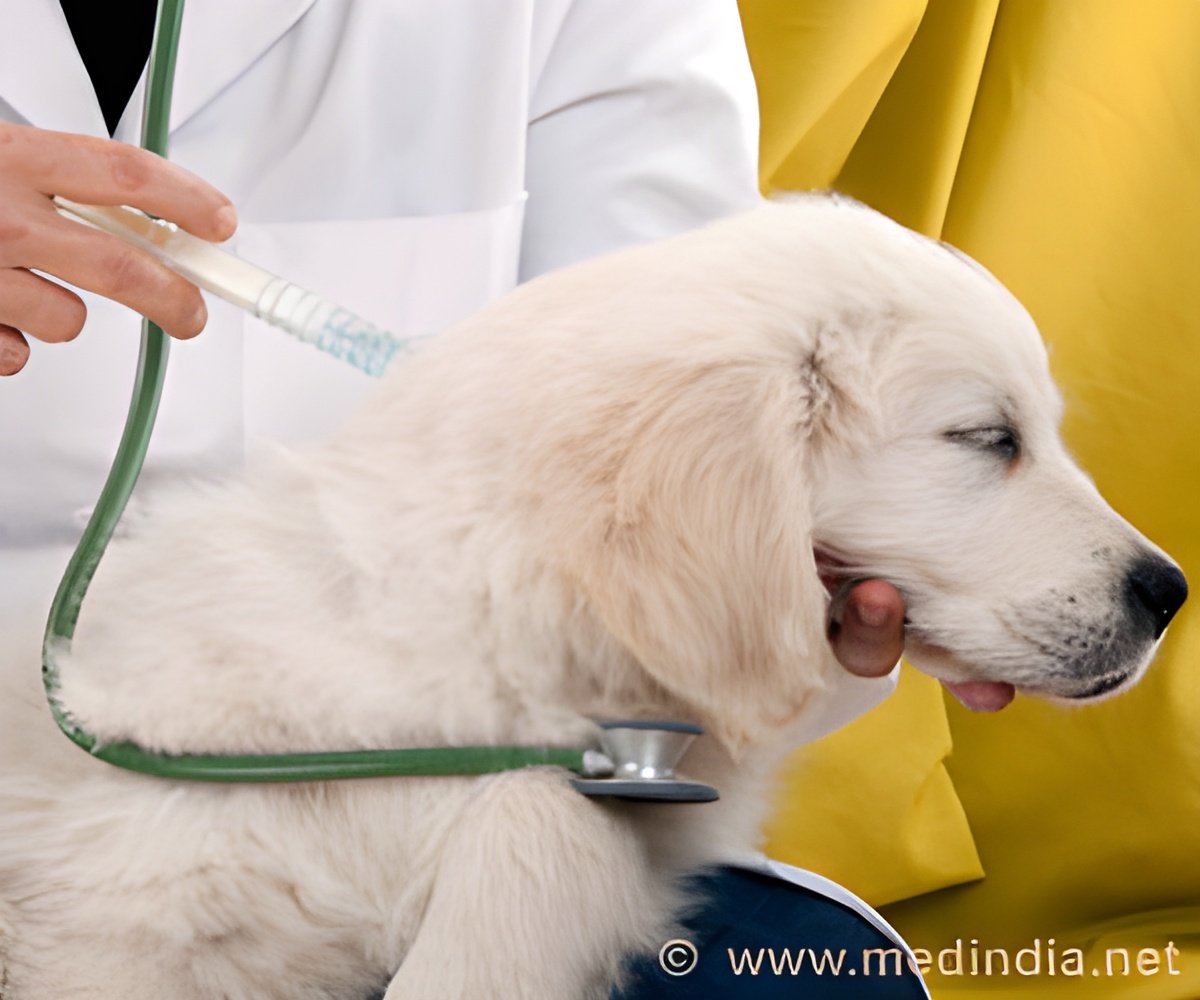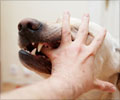The veterinary experts at The Ohio State University issued new guidance for halting the spread of a multitude of dog diseases.

‘Dogs should have up-to-date vaccinations, including against distemper, parvovirus, adenovirus, parainfluenza, Bordetella and rabies - all highly contagious diseases that can lead to severe disease and death.’





Stull and his co-authors want their work to lead to written infection prevention and control plans for settings where dogs congregate. "In veterinary medicine we're probably 30 years behind in our infection control efforts compared to human medicine. But a lot of the risks really can be managed with some simple steps," he said.The researchers reviewed more than 400 academic papers related to the topic and examined published reports of outbreaks of disease in dogs before developing their advice. But what works in one setting won't necessarily be practical or possible in another and those who make use of it are expected to tailor the guidelines to their needs, Stull said.
The recommendations include: Dogs with signs of infection should be kept out of group settings. People who touch dogs in group settings, such as handlers, staff and judges, should frequently wash their hands or use sanitizer. Community surfaces and items should be regularly disinfected and sharing of items such as leashes, toys and bowls should be avoided.
Efforts should be made to keep rodents and wildlife out of areas where dogs will be, and to keep dogs out of areas most likely to include ticks, fleas and other disease-carrying pests. Those in charge of group settings and those who participate should avail themselves of a new online risk calculator to help them determine the potential for disease spread.
Dogs should be kept clean and cleaned up after. Organizers of group events should avoid overcrowding of dogs. Care should be taken with puppies and other dogs with weaker immune systems. The benefits of socialization should be weighed against the risk of illness.
Advertisement
It could mean a doggie daycare operator assigns dogs to smaller play groups so that if disease spreads it will be limited. Vaccines are an excellent guard against disease spread but many of the threats to dog health aren't vaccine-preventable and require additional thoughtful prevention.
Advertisement
On top of that, a lot of these diseases can be transmitted to people," he said. The new infectious disease guidelines do not focus on animal shelters and rescues, which have other factors to consider and for which there are some existing established recommendations but rather on settings in which the dogs have owners.
Source-ANI









